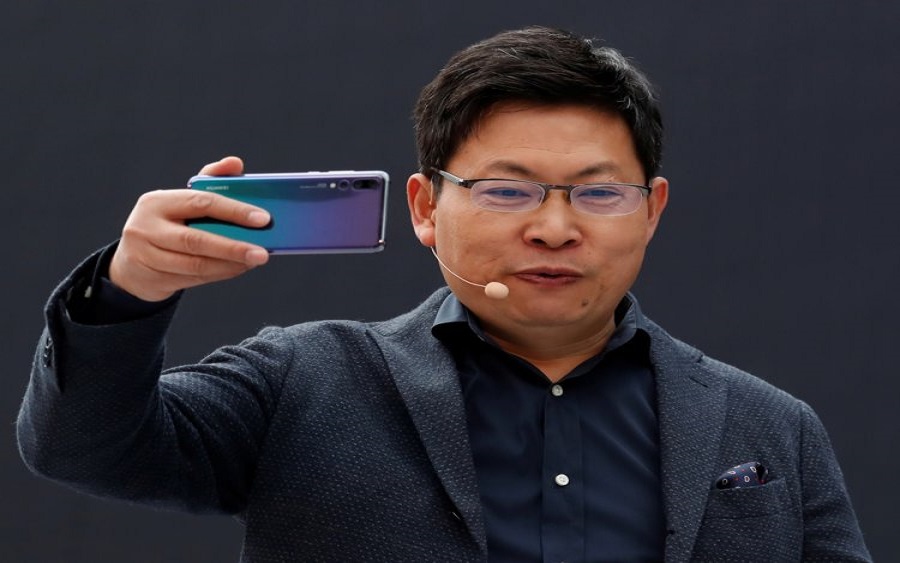Chinese telecommunications company, Huawei has launched its smartphone operating system called HarmonyOS in a bid to rival Google’s Android operating system.
Speaking on the new launch, the Head of Huawei’s Consumer Business, Richard Yu said HarmonyOS was made to bring more harmony and convenience to the world. According to him, the new operating system is completely different from Android and iOS.
A survival plan? The launch of the operating system is considered to be crucial to the company’s survival because of the ban placed on it by the US Government which disallows Huawei from trading with US companies. The company needs a backup plan if it doesn’t want its access to be removed from Google’s Android operating system.
[READ MORE: Fresh out of YCombinator, CowryWise launches iOS app]
The tech company had been blacklisted by the US President, Donald Trump amidst suspicions that it provided a backdoor for Chinese intelligence services. The firm was banned from having access to government’s contracts despite denying the allegations.
According to Yu, Huawei will switch to HarmonyOS immediately if it does not have access to Android in the future.
What this means: This unveiling by Huawei could lead to a kind of operating systems race between Google and Apple as it will foster more innovation and competition between the tech houses.
[READ ALSO: Nigeria’s leading smartphone maker, Transsion, set for Chinese IPO]
Huawei, headquartered in Shenzen, near Hong Kong, Guangdong, China announced that the HarmonyOS would be released under its Honor brand. The company which was founded in 1987, initially focused on manufacturing phone switches but later expanded its business to building telecommunications networks and providing operational and consulting services.
